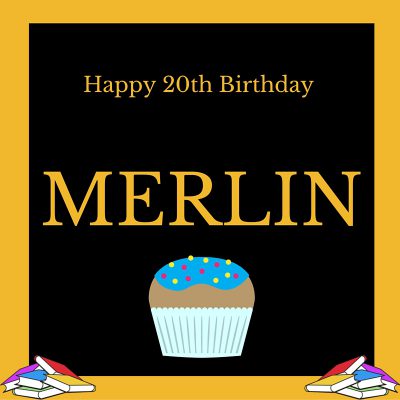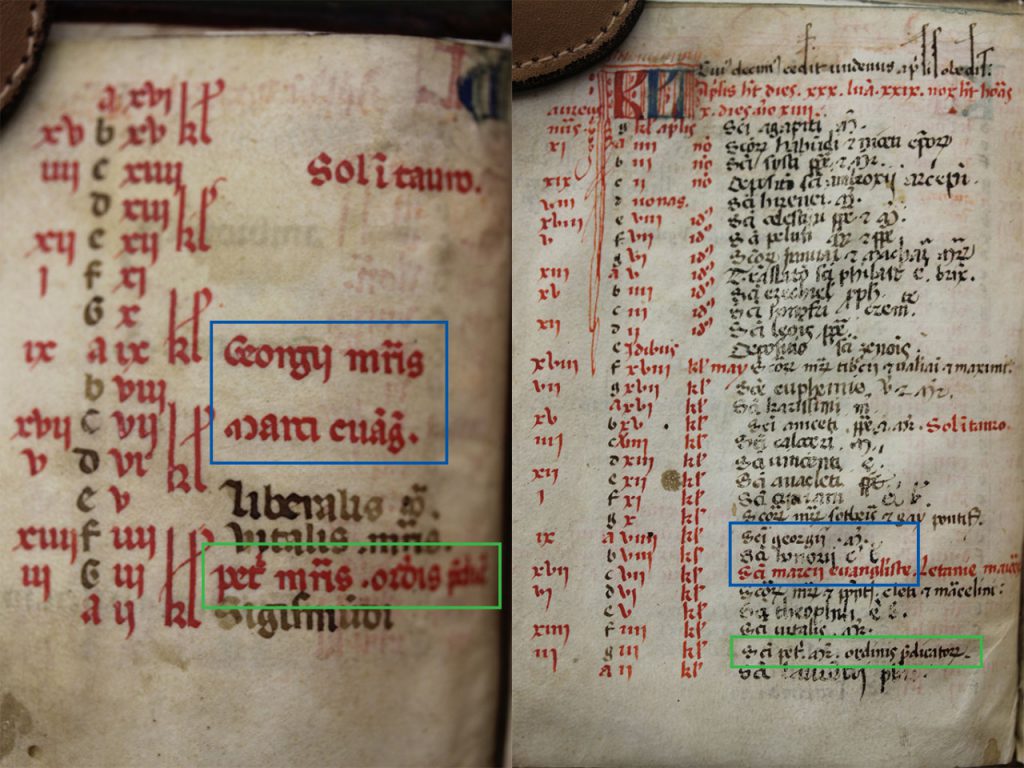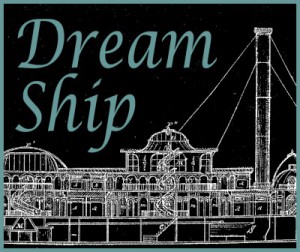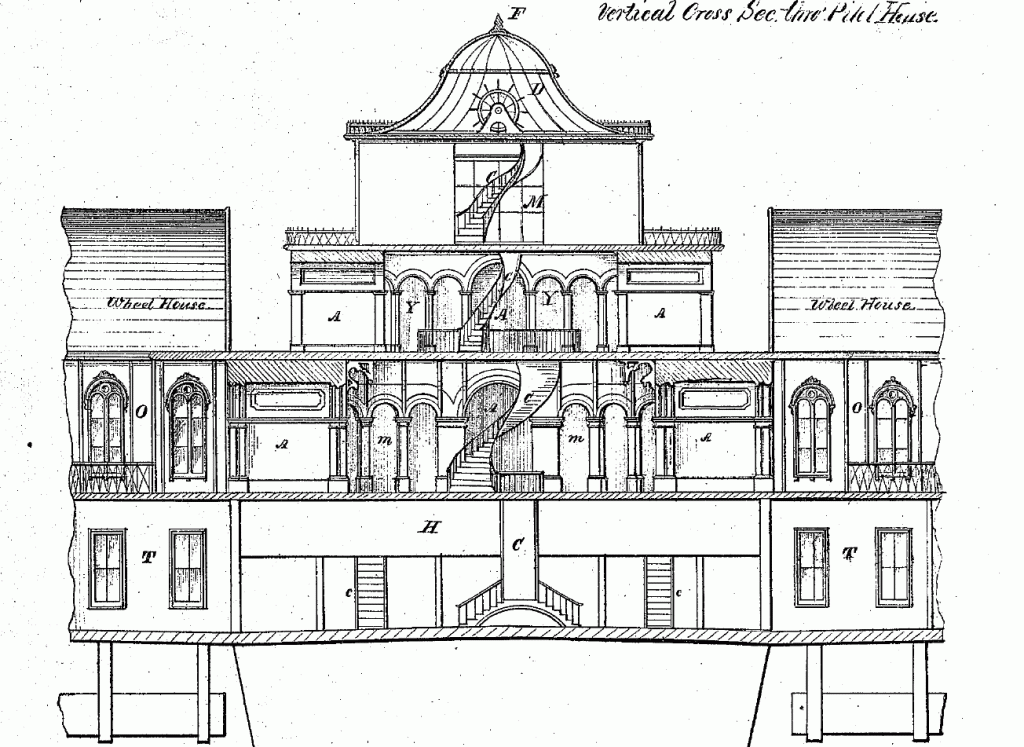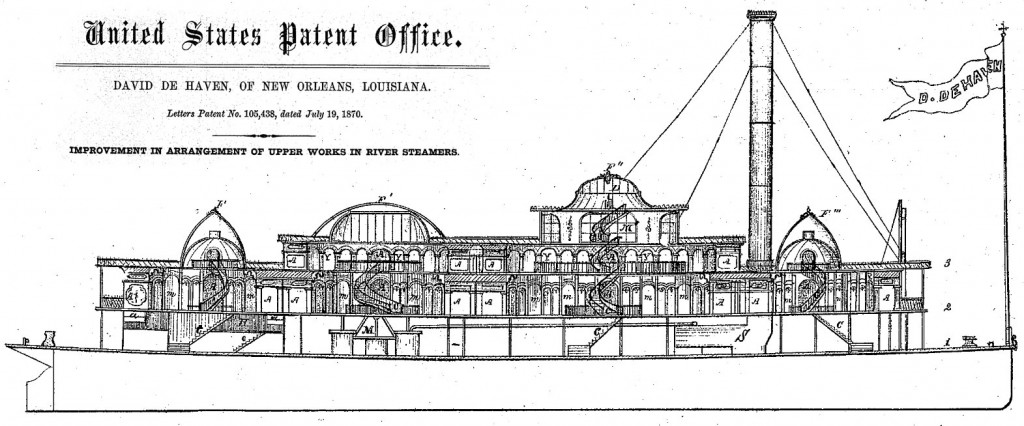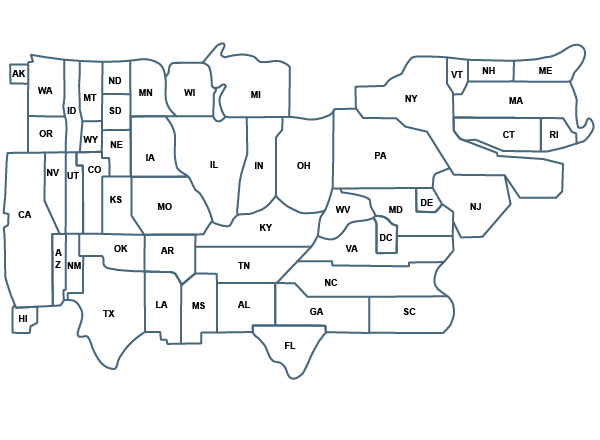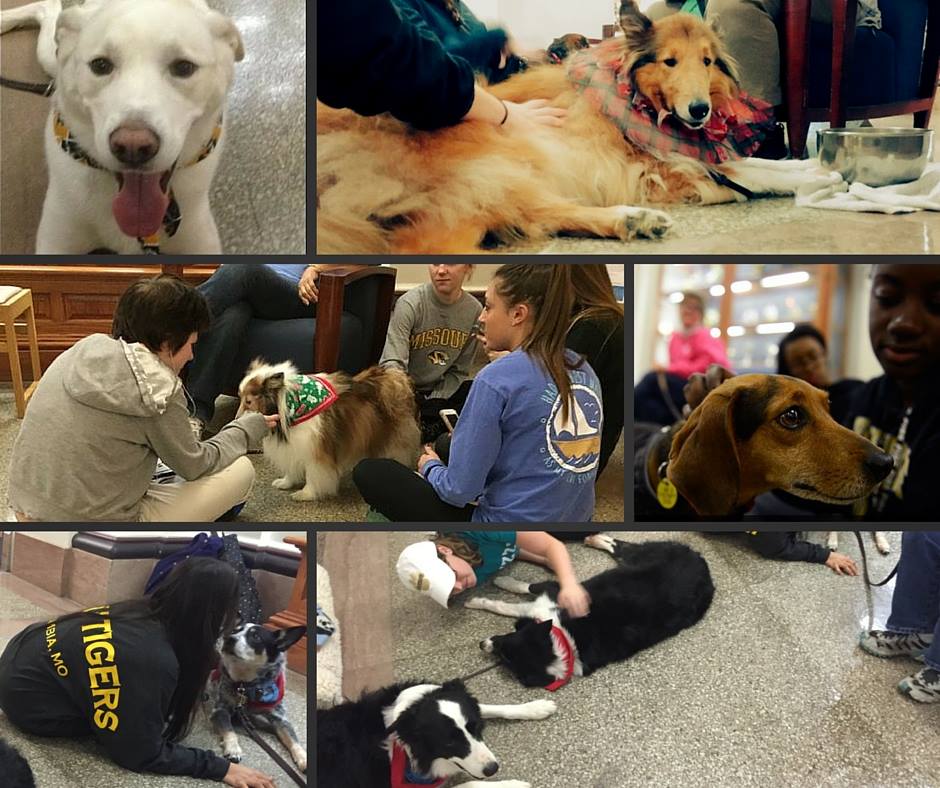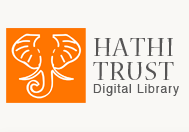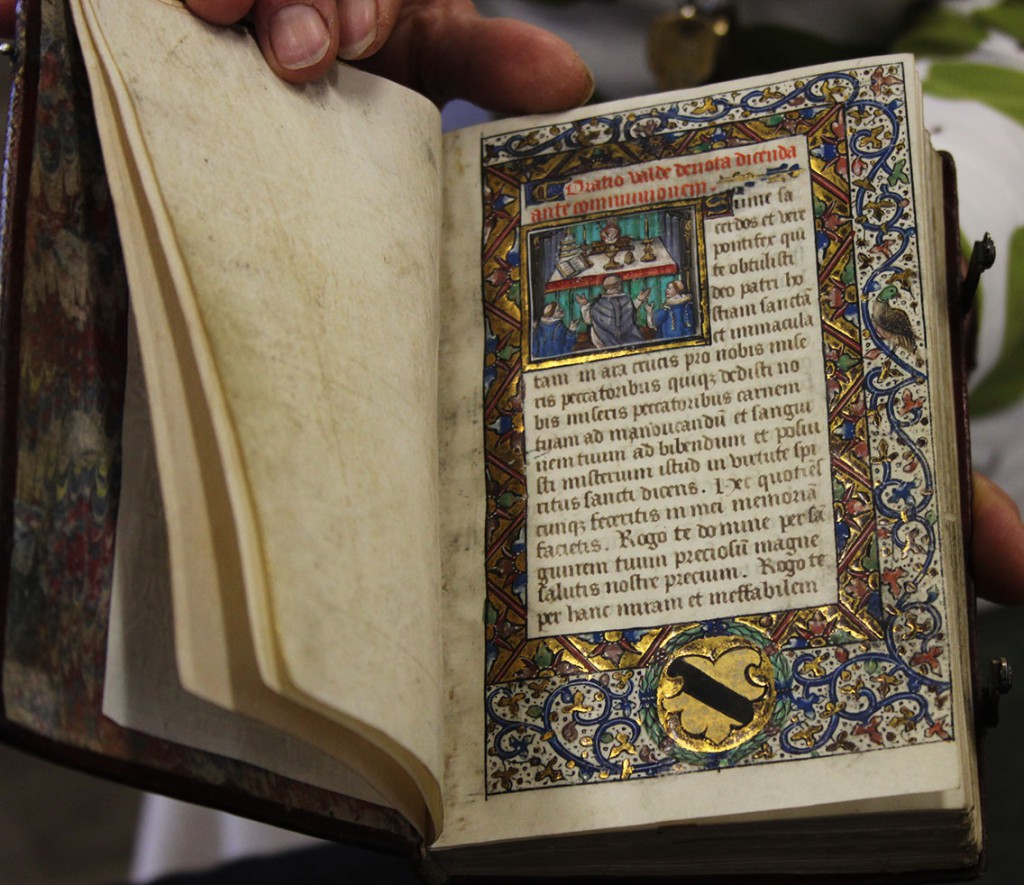Happy 20th Birthday to our online catalog, MERLIN! Launched on May 28, 1996, the MERLIN Library Catalog is how researchers search for books and other materials that the library owns. Celebrate its birthday this Saturday by searching the catalog!
What does MERLIN search?
MERLIN is the shared library catalog of the four University of Missouri campuses and the State Historical Society of Missouri. The MERLIN catalog searches for books (print AND ebooks), periodicals (scholarly journals, magazines, newspapers), DVDs, CDs, government documents, and other formats of scholarly material that are part of the tangible and online collections at MERLIN member libraries.
MERLIN includes the collections of the following Missouri libraries: University of Missouri (MU), MU Law, University of Missouri-Kansas City, University of Missouri-Kansas City Law, Missouri University of Science and Technology, University of Missouri-St. Louis, and the State Historical Society of Missouri.
Who has access to MERLIN?
Anyone in the world can search the catalog to see what items are available, but usually only students, faculty, staff, and others affliated with the MERLIN libraries can access the full-text of these materials. Some materials in the MERLIN catalog are only available at one individual library, for example, electronic books available only to users at one campus, databases accessible to users at UMKC, and books available for on-demand library purchase for MU users.

Why is it called MERLIN?
MERLIN stands for the Missouri Education and Research Libraries Information Network.
Our MERLIN library group is a part of MOBIUS, which stands for Missouri Bibliographic Information User System. This system is a consortium of libraries in the state of Missouri. The membership includes 62 full members from colleges, universities, the Missouri State Library, and 2 public libraries (cooperating partners). Check out this map of all of the libraries in the MOBIUS system!
Most of the groups within this system have names from the legend of King Arthur, such as the Arthur, Galahad, and Merlin groups. Why? I'm not sure. If you have the answer to that, email atkinsge@missouri.edu and I'll update this post!
Need help searching MERLIN?
Day or night, you can always Ask a Librarian for research assistance! We're experts on how to navigate the MERLIN and MOBIUS catalogs. libraryanswers.missouri.edu
